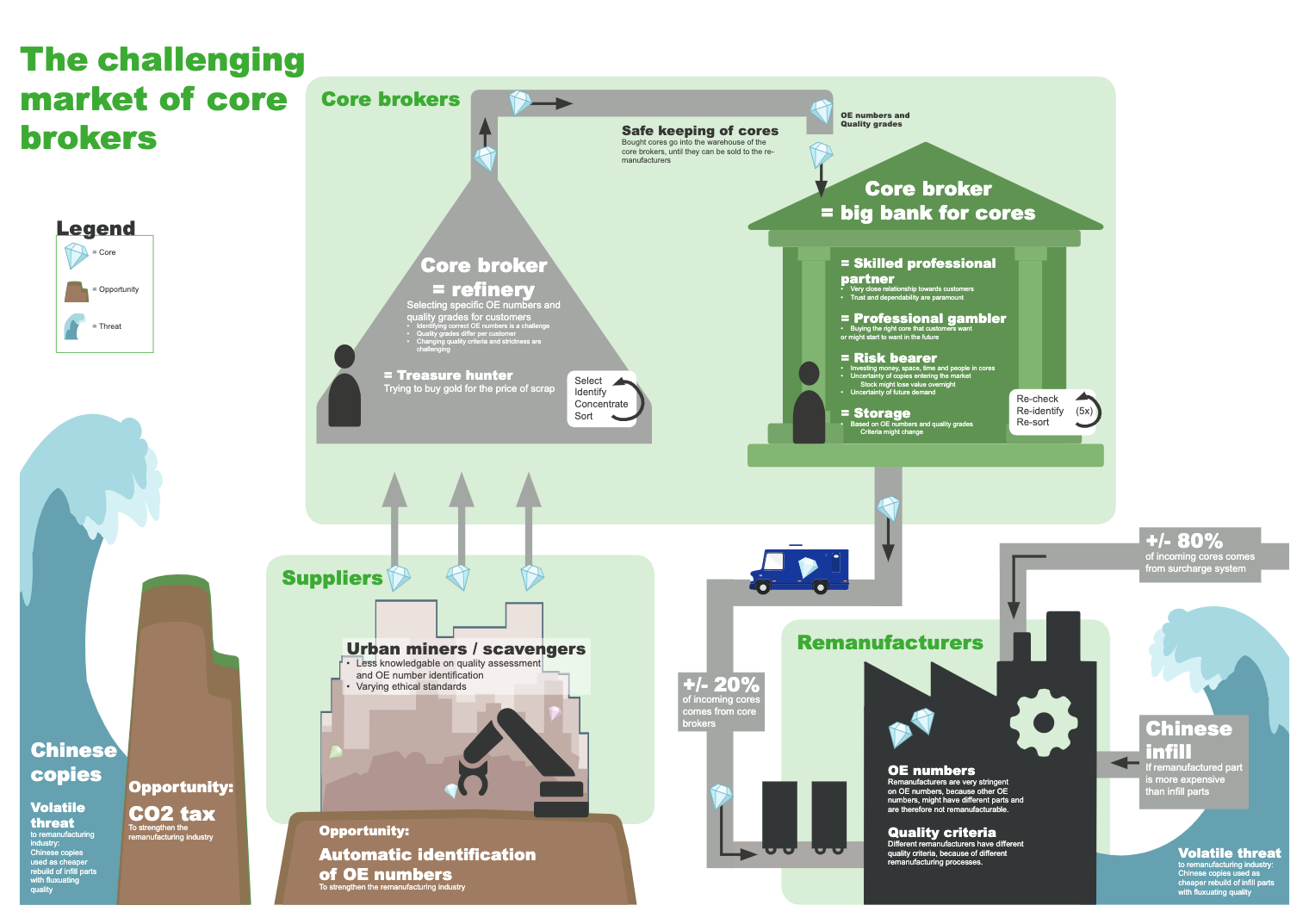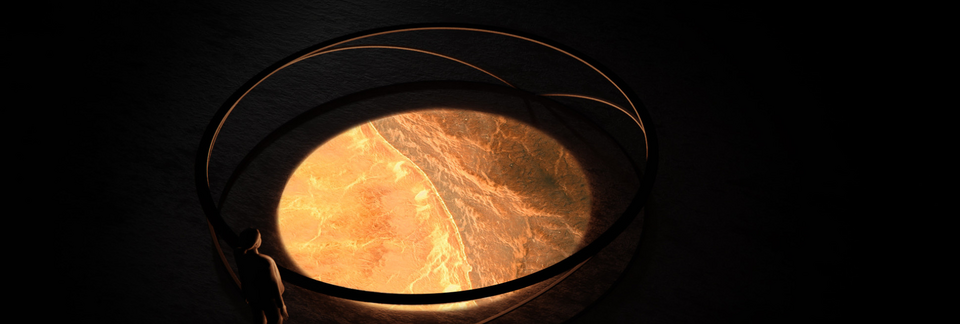ReCiPSS
Resource-efficient Circular Product-Service Systems
How can we create circular products and services that are attractive to users? And how can we help designers develop products that are remanufacturable and fully circular? This what the EU project ReCiPSS explores by looking into the success factors for circular business models. Two large-scale pilots, one automotive and one white goods, are in development through close collaboration with Bosch and Gorenje.
For the automotive pilot, the ReCiPSS project is developing an online platform to support the return of used car parts. Currently, returning used car parts from garages back to Bosch remanufacturing is a complicated stepwise process, involving a number of trader levels. This slows down efficient remanufacturing due to delays, loss of parts, loss of information, etc. The new online platform aims to radically simplify this return process.
For the white goods case the project focuses on developing business models for the consumer market, in which washing machines are offered through a pay-per-use model. This creates a win-win situation in which manufacturers are enabled to invest in long-lasting washing machines and consumers can make use of a care-free service.
Design researchers of TU Delft have two main roles. The first is the development of design tools that support circular strategies and help companies create long term value through their products and services. The tools provide in the need for strategic, early stage design guidance, as well as offering ways to embed new knowledge and skills into the design process. The tools ensure that the product technology allows for recovery activities. One of these tools (Product Journal Map) has been included in the latest iteration of the Delft Design Guide (2020).
Secondly, TU Delft leads the co-creation processes. Co-creation is used as a key strategy in the development and piloting of the product-service systems throughout the project. One of the outcomes of the project is the identification of tangible impacts of co-creation, and at what stages and levels co-creation can impact both the development of product-service systems as well as a company’s shift along the servitization continuum.







